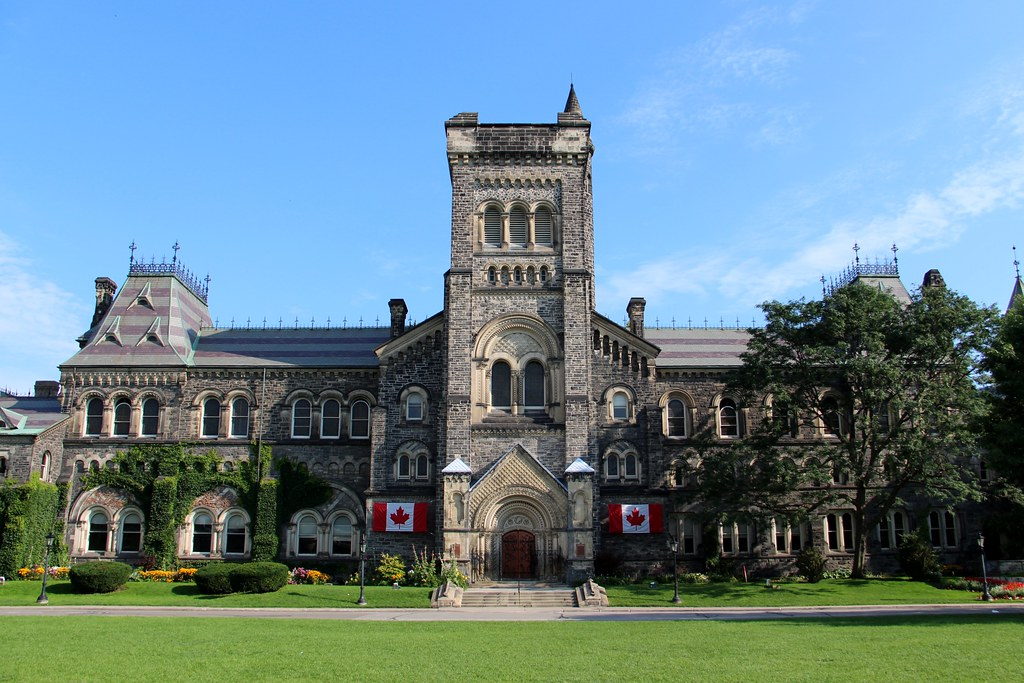Canada’s Top Universities in the 2025 QS World University Rankings
Canada’s reputation for high-quality education continues to shine as three of its universities rank among the top 40 in the 2025 QS World University Rankings. These institutions—University of Toronto, McGill University, and University of British Columbia—not only represent academic excellence but also attract international students due to their global outlook, research opportunities, and sustainability efforts. This article provides a comprehensive overview of their rankings, key strengths, and tips for prospective students considering studying in Canada. University of Toronto (UofT) Global Rank: 25Overall Score: 84.1 The University of Toronto (UofT) stands as Canada’s highest-ranked university in the 2025 QS World University Rankings, securing the 25th position globally. UofT is renowned for its exceptional academic reputation, scoring 99.7 in this category. It also excels in sustainability, ranking first worldwide, reflecting the institution’s commitment to environmental stewardship and innovative research. Key Strengths: Tips for Prospective Students: McGill University Global Rank: 29Overall Score: 83 McGill University, located in Montreal, ranks 29th globally, up from 30th in the previous year. McGill is a cornerstone of higher education in Canada, known for its strong academic programs and international diversity. It has consistently ranked among the top 35 universities worldwide for the past 13 years. Key Strengths: Tips for Prospective Students: University of British Columbia (UBC) Global Rank: 38Overall Score: 81 The University of British Columbia (UBC) ranks 38th globally, making it one of Canada’s top universities. UBC is particularly noted for its academic reputation and international research collaborations, which have positioned it as a leading institution for innovation and sustainability. Key Strengths: Tips for Prospective Students: Conclusion: The Impact of Canadian Universities Globally The 2025 QS World University Rankings highlight the global impact of Canadian universities. UofT, McGill, and UBC are not just academic powerhouses but also leaders in sustainability, employability, and research. For international students, these institutions offer an unparalleled education experience, providing access to world-class faculty, diverse academic programs, and a strong global network. As Canada continues to enhance its reputation in higher education, these universities remain top choices for students seeking quality education and impactful careers. FAQs Which Canadian university ranks highest in the 2025 QS World University Rankings?The University of Toronto ranks highest, securing the 25th position globally. How do these universities perform in terms of sustainability?All three universities—UofT, McGill, and UBC—rank exceptionally well in sustainability, with UofT leading globally and UBC ranked fourth. What makes McGill University a top choice for international students?McGill offers strong academic programs, a diverse student body, and a global network, making it an attractive option for international students. How does UBC stand out in international research?UBC is known for its strong international research network, fostering collaborations that enhance its global influence and research output. What should prospective students consider when applying to these universities?Students should explore research opportunities, sustainability initiatives, and the universities’ global networks to maximize their educational and career prospects.





